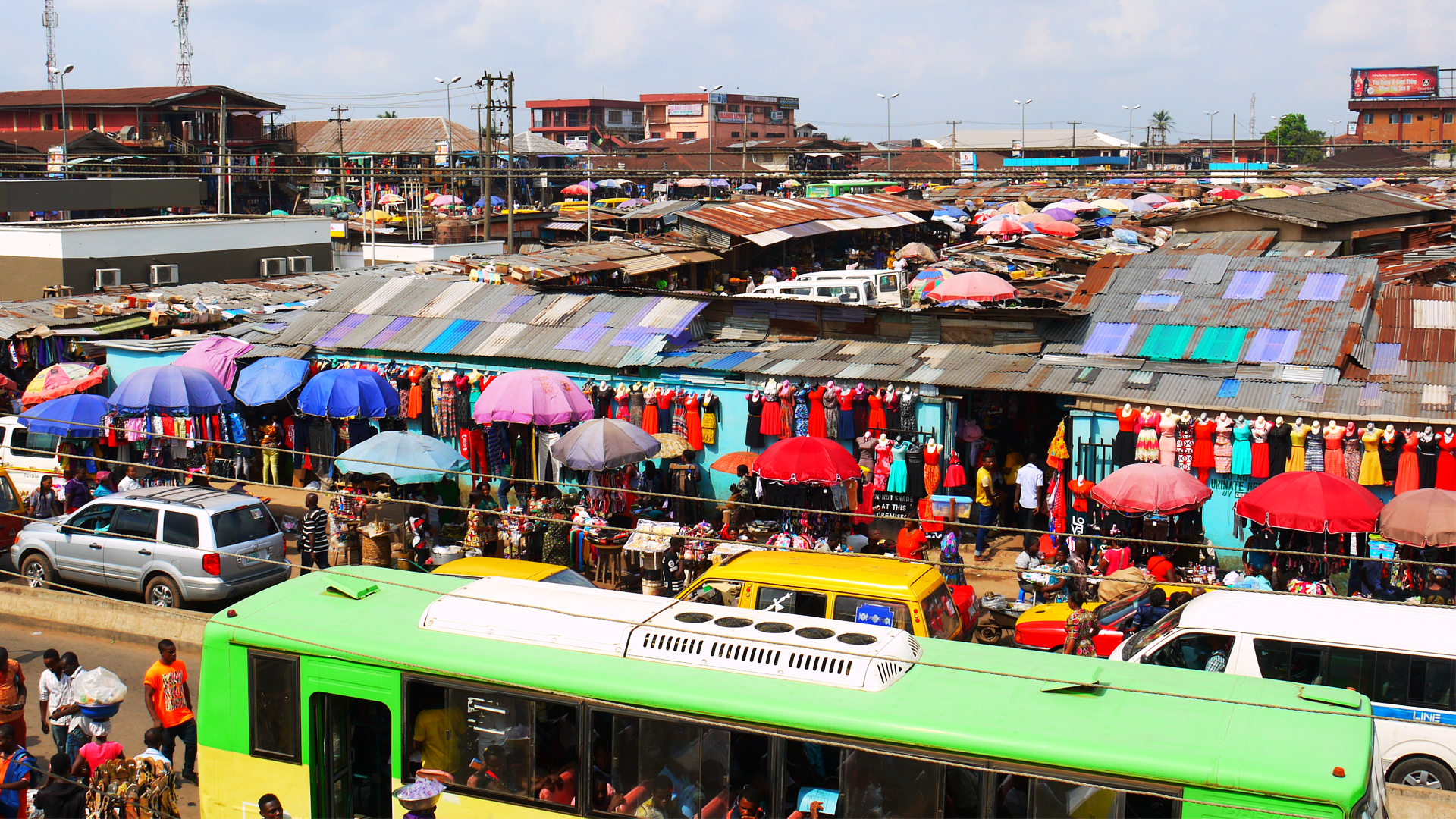Trachoma has plagued poor communities across the globe for centuries. This week, the World Health Organization declared both Benin and Mali to have eradicated the disease, joining four other African nations in eliminating the problem fully.
The profound consequences of trachoma on communities have been extensively documented.
Recently, a collaborative endeavor involving governments, non-governmental organizations, and the World Health Organization (WHO) has been initiated to eradicate the disease entirely.
The West African country Benin, has been grappling with trachoma for decades. The country’s geographical location, limited access to clean water and sanitation, and socio-economic challenges have contributed to the prevalence of the disease.
Trachoma predominantly impacts marginalized communities residing in rural areas, where factors such as poverty, insufficient hygiene practices, and limited access to healthcare services intensify its transmission.
According to WHO, trachoma is common among preschoolers, with rates that can be as high as 60 to 90%. Mali has faced similar challenges in combating the disease.
Trachoma is a persistent public health issue, especially in the central and northern regions where poverty, limited infrastructure, and ongoing conflicts pose significant hurdles to healthcare delivery.
To fight trachoma, both Benin and Mali adopted the SAFE strategy (Surgery, Antibiotics, Facial cleanliness, and Environmental improvement) recommended by the World Health Organisation.
This comprehensive approach combines surgery for advanced cases, the distribution of antibiotics to treat active infections, hygiene education to promote facial cleanliness, and environmental improvements such as the provision of clean water and improved sanitation.
Over the years, Benin’s and Mali’s commitment to trachoma elimination has yielded encouraging results.
Through increased access to healthcare services, community education, and partnership with NGOs and international agencies, the countries have made significant progress. Comprehensive surveys conducted in both countries demonstrated a remarkable decline in the prevalence of trachoma, reaching a stage where elimination is reached.
This week, the WHO declared that Benin and Mali have successfully eliminated trachoma as a public health problem. This achievement highlights the countries’ commitment, strong leadership, and effective implementation of trachoma control strategies. They join four African countries in this milestone including Ghana, the Gambia, Togo, and Malawi.




















